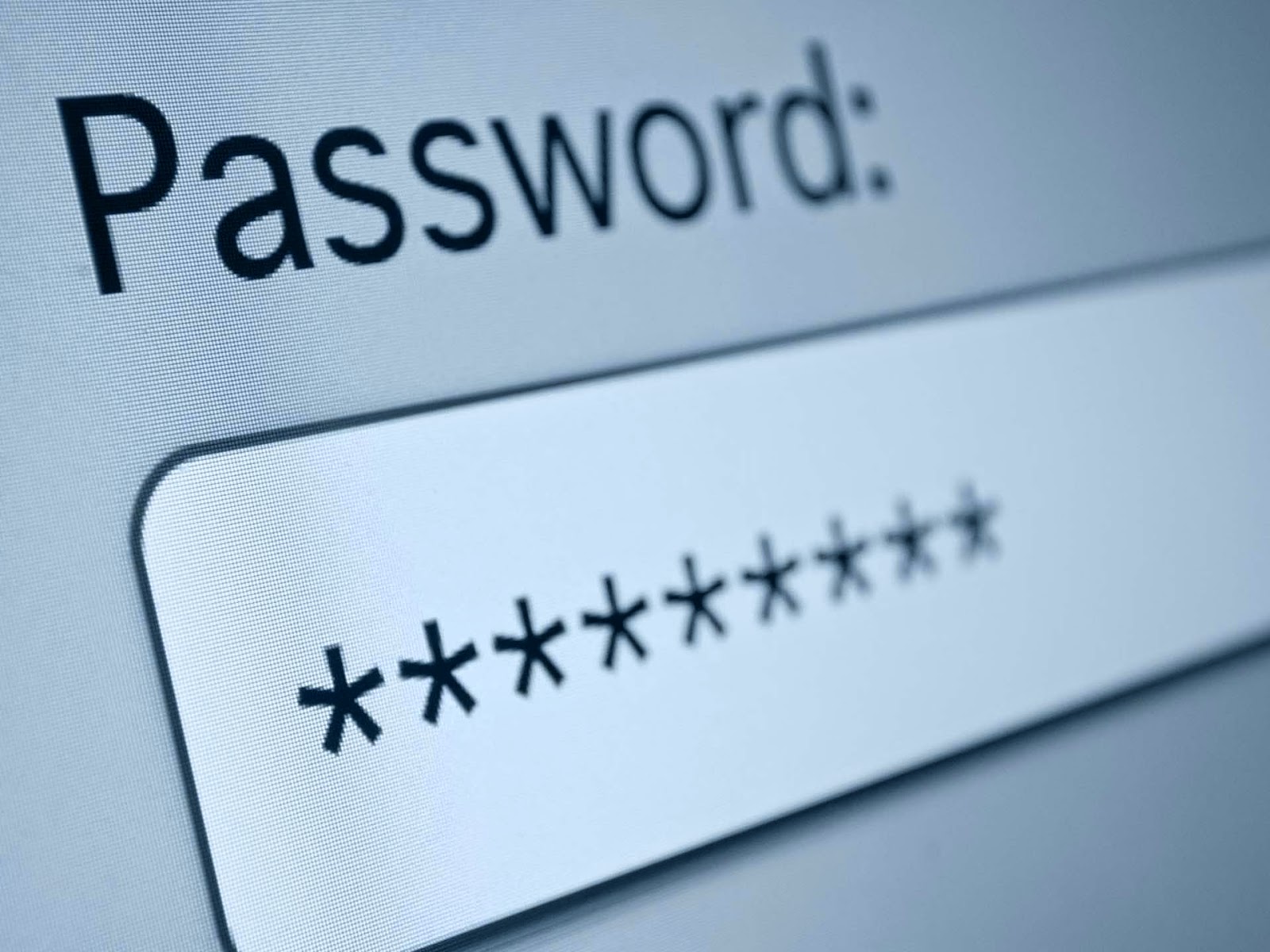Access to a plethora of resources and instant communication is great, but it comes with a few inherent risks. It doesn’t matter who you are or where you’re located. At some point, you and your data may become a target for hackers. It’s a sad, unfortunate reality of living in a connected world. Guarding against these is crucial to keeping your devices safe. We’ve put together a few cybersecurity tips to help you do just that. Take a look below.
Use A Firewall
Firewalls are an essential cybersecurity measure that acts as a shield from malicious traffic. They prevent malware and other malicious software from gaining access to your home network or personal computer/devices. They can be a hardware or software option, but the most commonly used ones are the latter. Firewalls aren’t intended as a one size fits all defense measure. It’s more of a barrier that’s predominantly useful for stopping malicious traffic and working in conjunction with other security programs/measures. Many operating systems have a proprietary firewall option. But there are plenty of reputable options elsewhere and in addition to several available for Android and Apple devices via their respective app stores.
Learn How To Recognize Phishing Scams
Phishing scams are one of the most common methods scammers use to obtain someone’s sensitive data. In an email phishing attempt, a scammer will attempt to get a user to enter data into a form or visit a link to another webpage, where they’ll ask for credentials, personal information, and/or passwords. These emails might look professional and are perpetrated under the guise and appearance of a legitimate source. Avoiding a phishing scam is easy if you know what to look for and do your due diligence in preventing these scams from affecting your devices. Education is important in this regard as well. Remember that a legitimate email from a reputable company will never come from an email address that ends with a public website like Google or Yahoo or AOL. Double Check that the domain name is spelled properly, as misspellings are common red flags of phishing attempts. Finally, a scam attempt will often be poorly written or include suspicious links/downloadable files as attachments. Taking the time to ensure you are paying attention to these scam indicators can effortlessly bolster your security and make it easier to know when something is a scam and when it’s not.
Backup Your Data
When using any type of technology (computer, smartphone, tablet, or otherwise), you should always try to regularly back up your data. When you stop to consider how often phones and personal devices are stolen every day, it underscores the need for taking backups seriously. You need a secure archive of your important files, data, and information. A backup takes care of that need for you. It only takes a few minutes to do it, and it should be part of your regular cybersecurity routine. You can use the close, removable media, external drives, or take advantage of professional backup service. Data backups aid in recovery from a ransomware attack, device loss/theft, and any other issue that may adversely affect your files. Be sure to back up any important images, addresses, contacts, music, video, spreadsheets, documents, and work stuff just in case. You never know when you’ll need to restore your phone or computer from a backup someday!
Use An Antivirus Program
Using an antivirus program or software suite is almost essential these days—especially if you have an Android phone, laptop, or desktop computer. A powerful antivirus software suite will go a long way toward securing your devices as you work, shop, and play online. A good antivirus program should be able to block web threats such as ransomware, viruses, and drive-by downloads while notifying users in real-time about any potentially dangerous websites they might visit as they work online. Remember those phishing emails we talked about earlier? Antivirus guards against those too. They do a pretty good job stopping viruses in their tracks and guarding your personal data, too. Making a small investment in an antivirus program essentially keeps you safe regardless of device and can provide peace of mind as you navigate our wonderful, sometimes dangerous connected world.
Create Strong Passwords

If there’s one thing many of us can’t stand, it’s keeping track of varied, complex passwords across all of our devices. People often feel frustrated with passwords and might even use extremely simple ones like “123456,” their name, or “qwerty.” Worse, many people rely on memory for passwords. Thankfully, password managers exist to address this very concern. a password manager can safely/securely store complex passwords – you can even generate them if needed – to help reinforce password security. In a recent analysis of more than 15 billion passwords across the globe, most of them contain eight characters or less. That is not very secure at all. In addition to using a password manager (or a security software suite that contains one), there are a few basic instructions to follow when crafting passwords:
- Use at least 12 characters, preferably more.
- Mix numbers, capital, and lowercase letters, numbers, and symbols.
- Don’t reuse or use variations of the same password.
- Never write them down on paper or in a document.
- Use two-factor authentication whenever possible.
Taking care of your passwords so they can’t come back to haunt you later is one of the most essential common sense security approaches you can take to keep yourself safe online.





